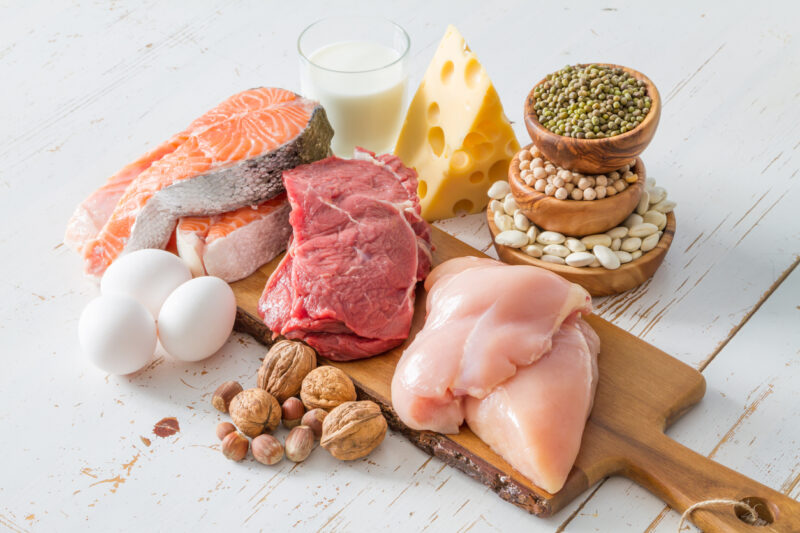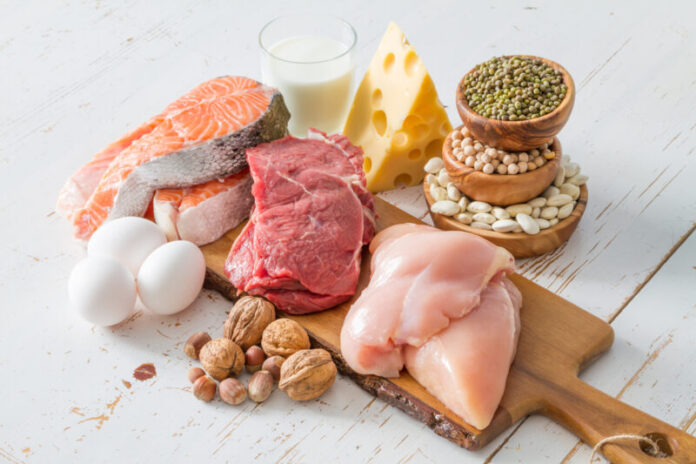A high-protein diet offers interesting results for people who want to lose weight while preserving their muscle mass. Based on a high protein consumption, it promises to stimulate satiety and support metabolism. However, several common mistakes compromise its effectiveness. To maximize the benefits of this type of diet, you must know and avoid practices that are likely to harm your weight-loss goals.

Consuming too few calories during the high-protein diet
The temptation to significantly limit energy intake is common, but this approach can backfire. Reducing calories, even with an increased intake of protein nutrients, actually slows down assimilation. The body, faced with a lack of energy, then goes into survival mode. This natural mechanism, which aims to conserve available strength, makes long-term weight loss difficult during a high-protein diet.
An excessive deficit also leads to a decrease in muscle mass, as well as physical and mental exhaustion. A diet that is too low in calories creates constant fatigue, which affects concentration and general well-being. Very strict nutritional plans also increase the risk of deficiencies, because they restrict access to essential elements such as vitamins and minerals. To avoid them, adjust your caloric intake intelligently. In addition, maintain a good balance between proteins and other macronutrients.
Not monitoring fiber and hydration intake
Many people neglect high-fiber foods in their diet, including vegetables and whole grains, which are essential for optimal intestinal transit. This insufficiency causes discomfort, including constipation, and ultimately affects your overall well-being. To compensate for this imbalance, include sources of fiber in your meals to promote healthy digestion and prolong the feeling of satiety.
Also consume plant-based protein nutrients, such as legumes, to ensure better nutritional stability without weighing down your caloric ratio. Hydration, for its part, influences the effectiveness of a high-protein diet. A significant protein consumption increases the kidney load, a situation that requires drinking a lot to avoid complications related to dehydration. Favor water, herbal teas, or broths to support your body.
Underestimating the importance of physical activity
By stimulating muscle building and metabolism, sport increases energy expenditure. Resistance exercises, including weight training and functional training, are particularly suitable for maximizing the effects of your diet. In particular, they promote muscle repair, an essential process after each session. If you are looking to vary the types of movements, adding cardiovascular activities, such as running, swimming, and cycling, is therefore perfect. They complement the high-protein diet and guarantee fat-burning while strengthening endurance. Regular sessions also help improve insulin sensitivity, a key factor in weight management.



